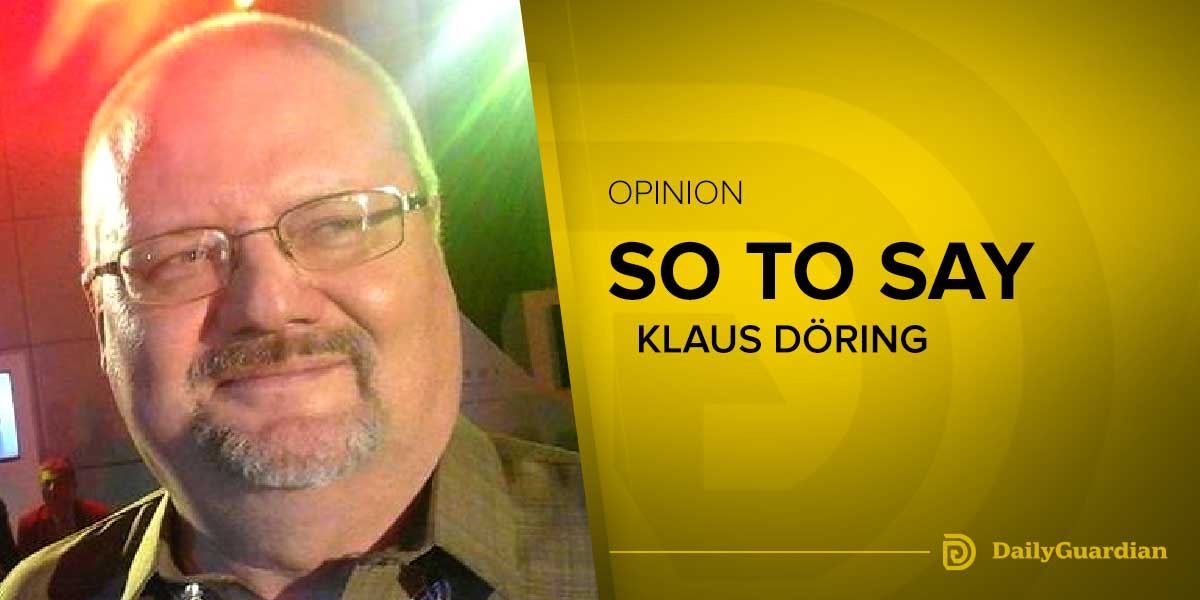As a non-profit organization committed to advancing a zero waste and toxics-free Philippines, the EcoWaste Coalition would like to highlight what it views as the significant gains, as well as lapses, of President Rodrigo Roa Duterte and his government, specifically on policies and related measures addressing, or not, the waste and chemical woes affecting our people and the environment.
While we welcome the closure of 335[i] open dumpsites across the country as touted by DENR Secretary Roy Cimatu in May 2021, the current government, like the previous ones, has yet to fully meet the other key requirements of the two-decade old Republic Act 9003, or the Ecological Solid Waste Management Act, which could have hugely reduced the volume and toxicity of waste being generated by our households, institutions, businesses and industries, and the mind boggling costs for their disposal. The poor enforcement of the mandatory waste segregation at source, the inefficient composting of biodegradables and and the overdue issuance of the list of non-environmentally acceptable products and packaging (NEAPP), including single-use plastics (SUPs), remain, undermining the efforts of local government units (LGUs) and communities to effectively deal with garbage and all its concomitant problems, including ocean pollution. Instead of focusing its resources in maximizing the potentials of zero waste resource management and clean production, the government is hell-bent in constructing more landfills and in tearing down the ban on waste incineration –a key environmental and sustainability policy enshrined in two major environmental laws (R.A. 9003 and R.A. 8749, or the Clean Air Act) — through its persistent pursuit of burn or thermal “waste-to-energy” disposal technologies.
While commending the government’s decisive action to re-export tons upon tons of illegal hazardous waste and plastic waste shipments from Canada, Hong Kong and South Korea, the government has yet to bring the culprits to justice and fully ban the entry of foreign waste into our borders. Despite the marching orders given by President Duterte in May 2019 that “the Philippines will no longer accept any waste from any country,[ii]” the government has failed to institute two enduring policy measures that will protect the country from becoming a global waste dump. The government has to expedite, not defer, these measures because “our country is not a dumpsite” as stated by President Duterte in his sixth and final State of the Nation Address (SONA). First is the unfulfilled revision of DENR Administrative Order 2013-22, which still allows the importation of recyclable materials with hazardous content, including e-waste, plastic waste and fly ash from coal power plants, subject to certain conditions. And second is the delayed ratification of the Basel Convention Ban Amendment, now an international law, which seeks to protect developing countries from becoming an expedient dumping ground for hazardous waste from developed countries. While lauding the government for its ratification of the Minamata Convention on Mercury in June 2020, we cannot help but express our frustration over the long delay in ratifying the 1995 Basel Convention Ban Amendment, which entered into force on December 5, 2019.
We commend the achievements of the ongoing DENR-led project launched in 2017 that has benefited hundreds of e-waste dismantlers from local communities in Caloocan, Malabon, and Manila Cities, including the steps undertaken so far to integrate them into the formal sector and curb unsafe e-waste recycling practices. But much more needs to be done to empower and uplift the living and working conditions of the informal waste sector (IWS), an important partner in the nation’s climate mitigation and sustainable development strategy. Despite our proposal, the government has yet to review the implementation of the National Framework Plan for the IWS in Solid Waste Management adopted in 2010 “with the end in view of alleviating poverty[iii].”
While congratulating the government for bagging the coveted Future Policy Award (special category on lead paint) for the Chemical Control Order (CCO) phasing out lead paints from 2013 to 2019, we note the need for stronger compliance monitoring to ensure that paints sold in the market, including those imported from China, Malaysia, Thailand and other countries, conform to the 90 parts per million (ppm) total lead content limit. We also see the need for the government to embark on a multi-stakeholders’ program dealing with legacy lead paint to protect children, including babies in the womb, from lead exposures.
While lauding the government for phasing out dental amalgam, for updating the CCO for mercury and for promulgating two more CCOs on cadmium and on hexavalent chromium, we see the need for further measures to protect public health and the environment from hazardous chemicals, including enacting a comprehensive ban on SUPs, banning toxic additives in plastics and limiting plastic production to essential uses, establishing extended producer responsibility for packaging and for e-waste, and ensuring the community’s right to know through the Pollutant Release and Transfer Register.
With only 10-months remaining before President Duterte hands over the presidency to his successor, we earnestly urge the government to carry out the following environmental health and justice measures:
a. Halt the implementation of the DENR-issued “waste-to-energy” guidelines and stop the passage of any legislation rescinding the incineration ban under R.A. 8749 and R.A. 9003.
b. Ratify the Basel Convention Ban Amendment, and revise DENR AO 2013-22 to ban waste imports.
c. Issue the NEAPP list, and pass a comprehensive ban on SUPs.
d. Ensure the safe closure, cleanup and rehabilitation of closed dumpsites, including groundwater and methane gas monitoring systems, to protect against the discharge of hazardous substances to the environment.
We urge the government to make full use of the limited time available to carry out the above measures that can form part of President Duterte’s lasting legacy to cut back waste and chemical pollution, and uphold environmental health and justice. Along with other essential health, environmental, climate, energy and socio-economic policies and programs, these waste and toxic prevention measures should also be at the heart of the government’s COVID-19 recovery strategy toward a “better normal” that the Filipino people deserve.
EcoWaste Coalition
78-A Masigla Extension, Barangay Central, 1100 Quezon City, Philippines
Phone: +632-82944807 E-Mail: info@ecowastecoalition.org
Website: http://ecowastecoalition.blogspot.com
[i] https://www.denr.gov.ph/index.php/news-events/press-releases/2606-denr-shuts-down-100-of-all-illegally-operating-dumpsites-nationwide
[ii] https://www.sunstar.com.ph/article/1804491/Manila/Local-News/Palace-says-Duterte-ordered-ban-on-waste-imports
[iii] https://drive.google.com/file/d/1zbERYSMEHA-81ohyOQzj5Da7Mf80R9MH/view





















